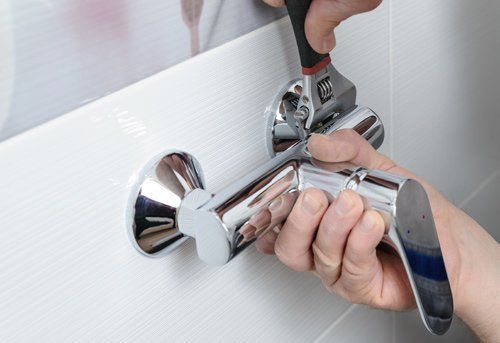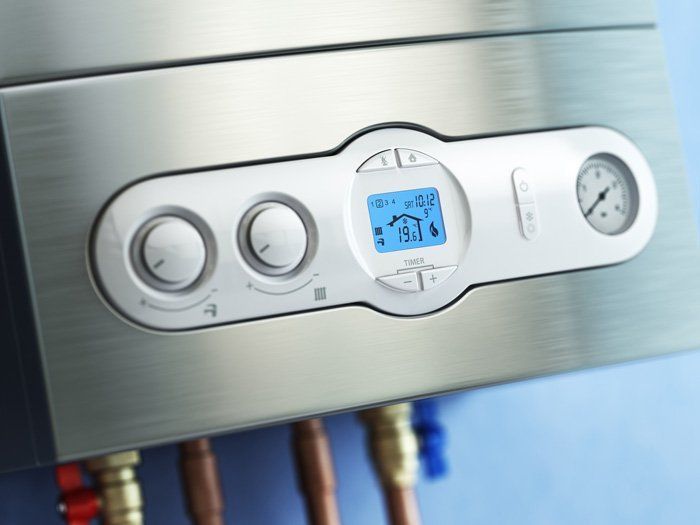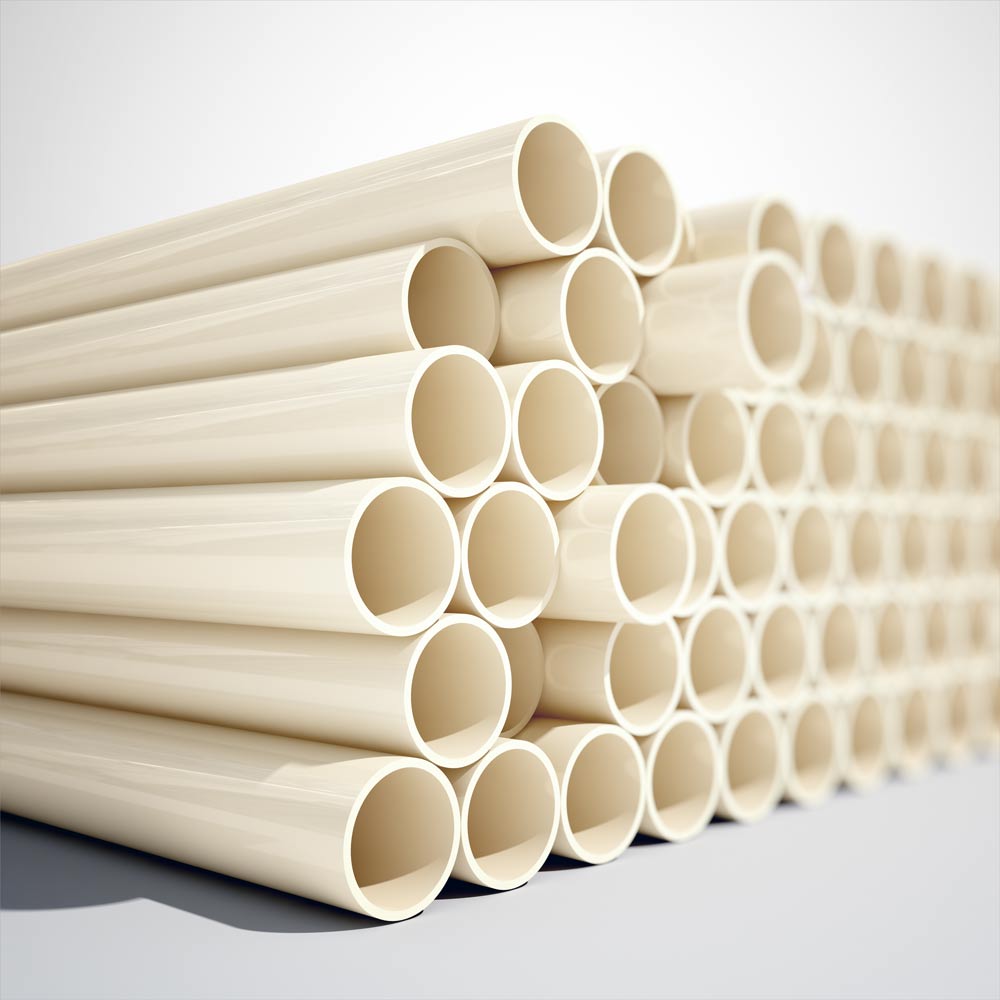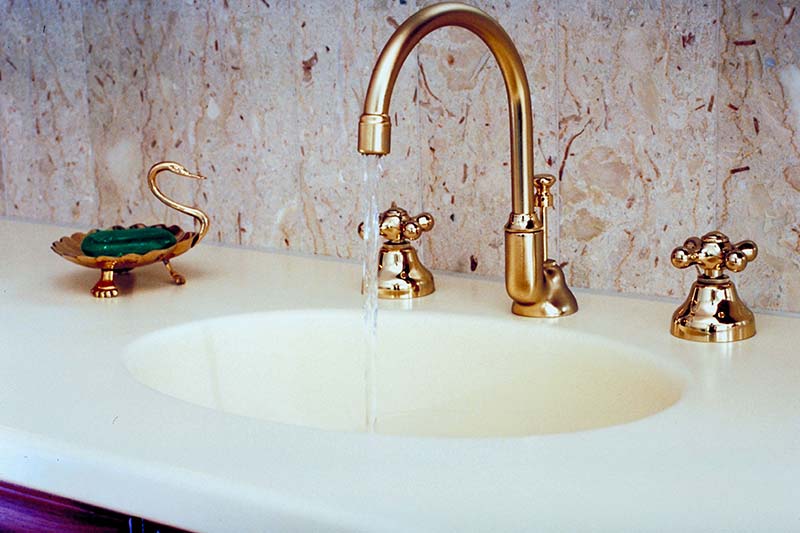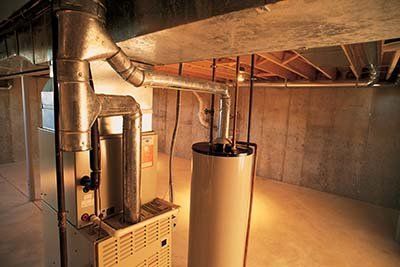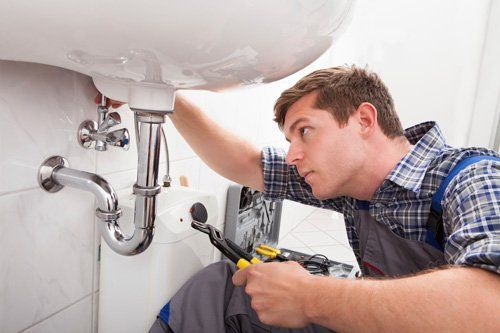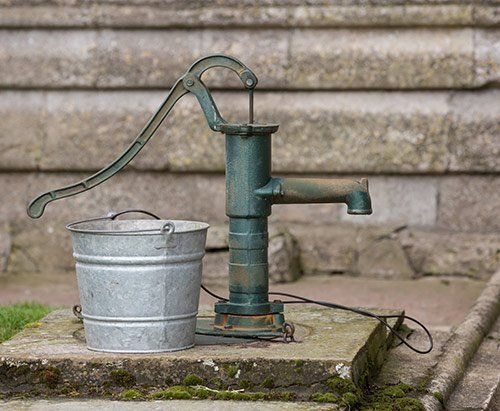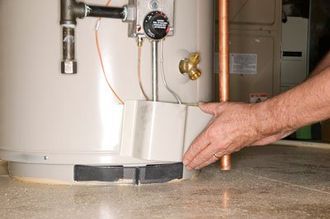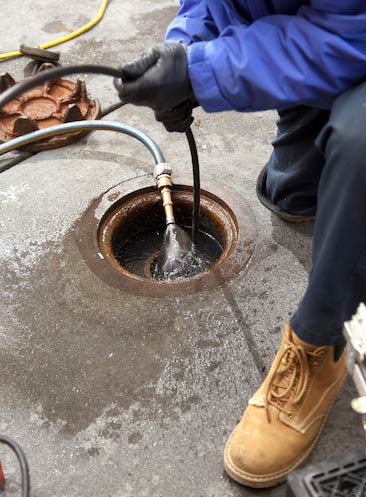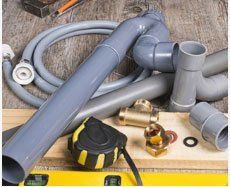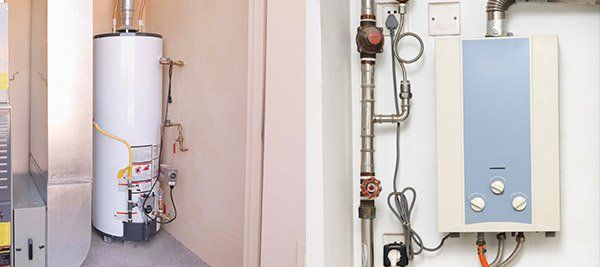
Warm water is a homeowner’s favorite comfort, but it’s one that's often taken for granted. When you're between water heaters or when your heater is malfunctioning and won't supply you with hot showers, you can't take it for granted; you have to think seriously about choosing a replacement.
The replacement water heater you choose should fit your volume needs, your budget, and your living situation. Here are some tips for how to choose based on these variables.
Volume Needs
There are two main types of water heater that affect how much hot water you can get and how quickly: tank heaters and tankless heaters. Here are the benefits of each and how they can fit in with your volume needs:
Tank water heaters
The holding tank keeps a certain amount of water hot so that you have instant access to it whenever you need warm or hot water. There's no limit on how fast you can use the water, but once the tank is empty, you'll have to wait for a while before you can access anymore.
The wait time can be an issue if you need to fill a large bath and then wash some dishes and laundry, for example, especially if you have a small tank (one solution is to get a larger tank if you've had this problem in the past).
Tankless water heaters
The tankless heater doesn't have a reservoir of water ready for instant access; instead, it heats water on demand whenever you turn on the hot water tap.
The strength of this model is that the tankless heater can keep heating water at a steady rate long after a normal-sized reservoir would have been empty. The drawback is that it can only heat a certain amount of water at a certain speed, so having multiple people taking showers at once in different bathrooms may not work out so well, especially if you have a heater with a small capacity.
Some homeowners solve this by having one tankless heater for the kitchen and one for the bathroom, to prevent conflicts. You can also choose a tankless heater that has a high rate of heating (some gas-powered ones can produce hot water much faster than electric ones).
Your Budget
Some factors that can affect the price (besides size) include the following:
- The type of fuel your water heater uses. If possible, select a new one that uses the same type of fuel, so you won't have to pay for the conversion.
- The efficiency of your new water heater (affects ongoing costs, not installation costs). For example, a tankless heater can save money during operation because it doesn't have to keep water hot 24/7 constantly.
- The size. If your new water heater is larger than the existing space, hooking it up may become more complicated and expensive.
Living Space and Lifestyle
Tankless water heaters are great for small spaces because they don't include the large reservoir for hot water that other styles use. If you do have a lot of space available in your living situation, you might consider a hybrid water heater that uses a heat pump to extract heat from the air.
It is both efficient and eco-friendly, but it requires lots of space (not just the physical space it occupies but also a large room to draw heat from).
If you're leading an eco-friendly lifestyle, you'll want to consider the energy efficiency of your water heater over its entire lifespan and any other effects it may have on the environment (for example, whether it uses an eco-friendly form of power such as solar power, and whether it has a long life expectancy and can be recycled after replacement).
After considering all these factors, you may know exactly which heater you want, or you may wish to enlist professional help in making the final decision. For more advice or to get an installation quote, simply contact Universal Plumbing Supply today.
